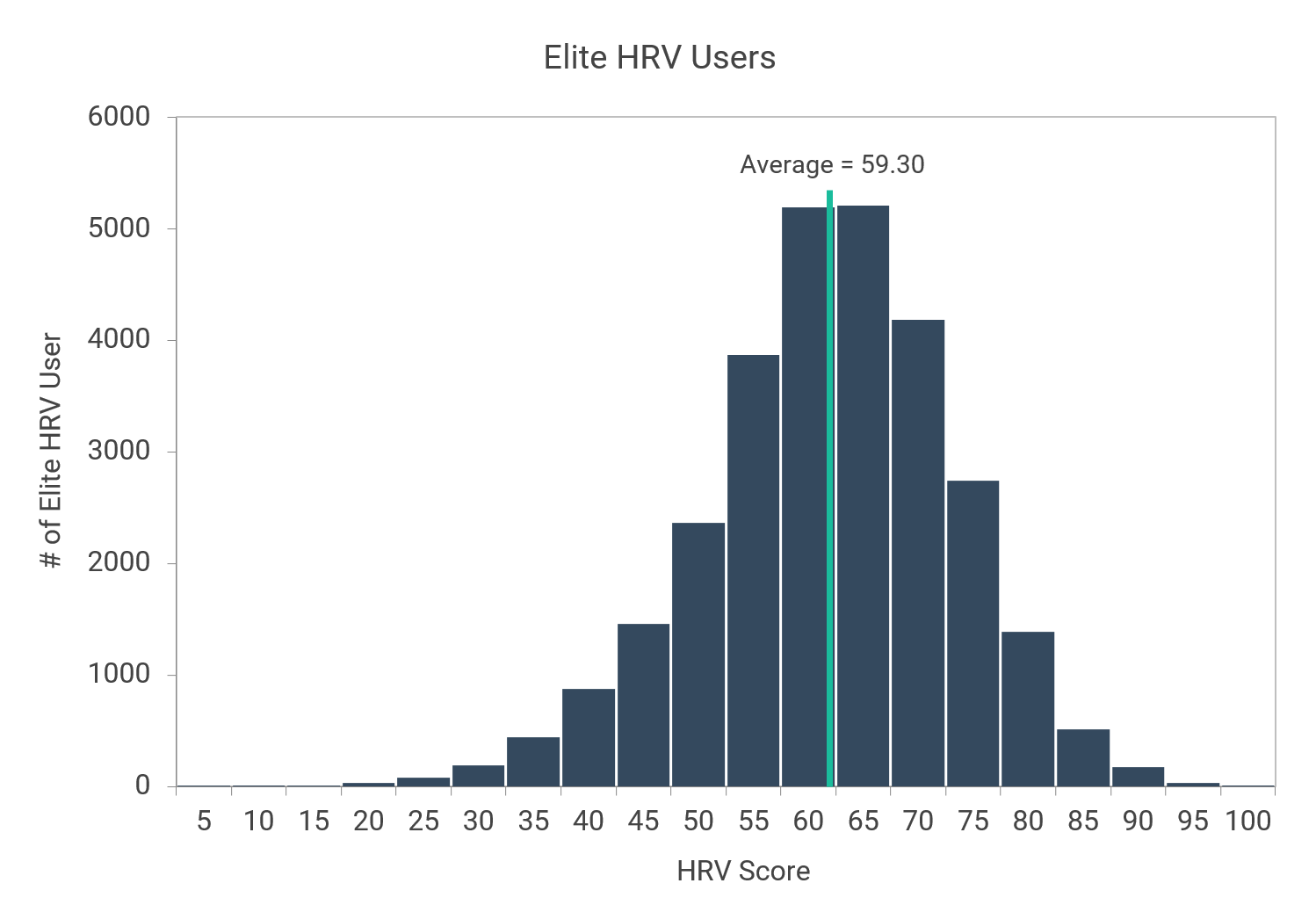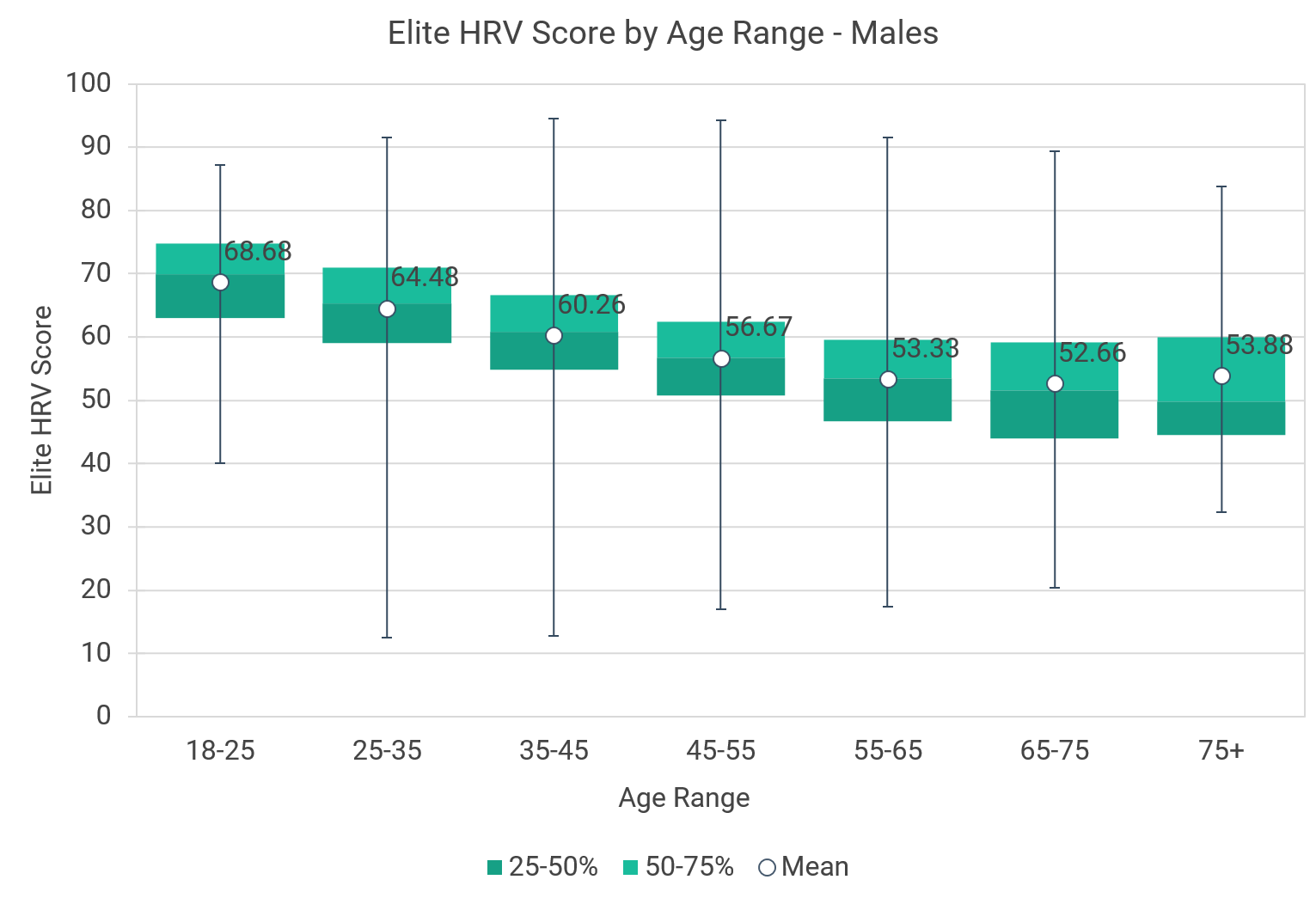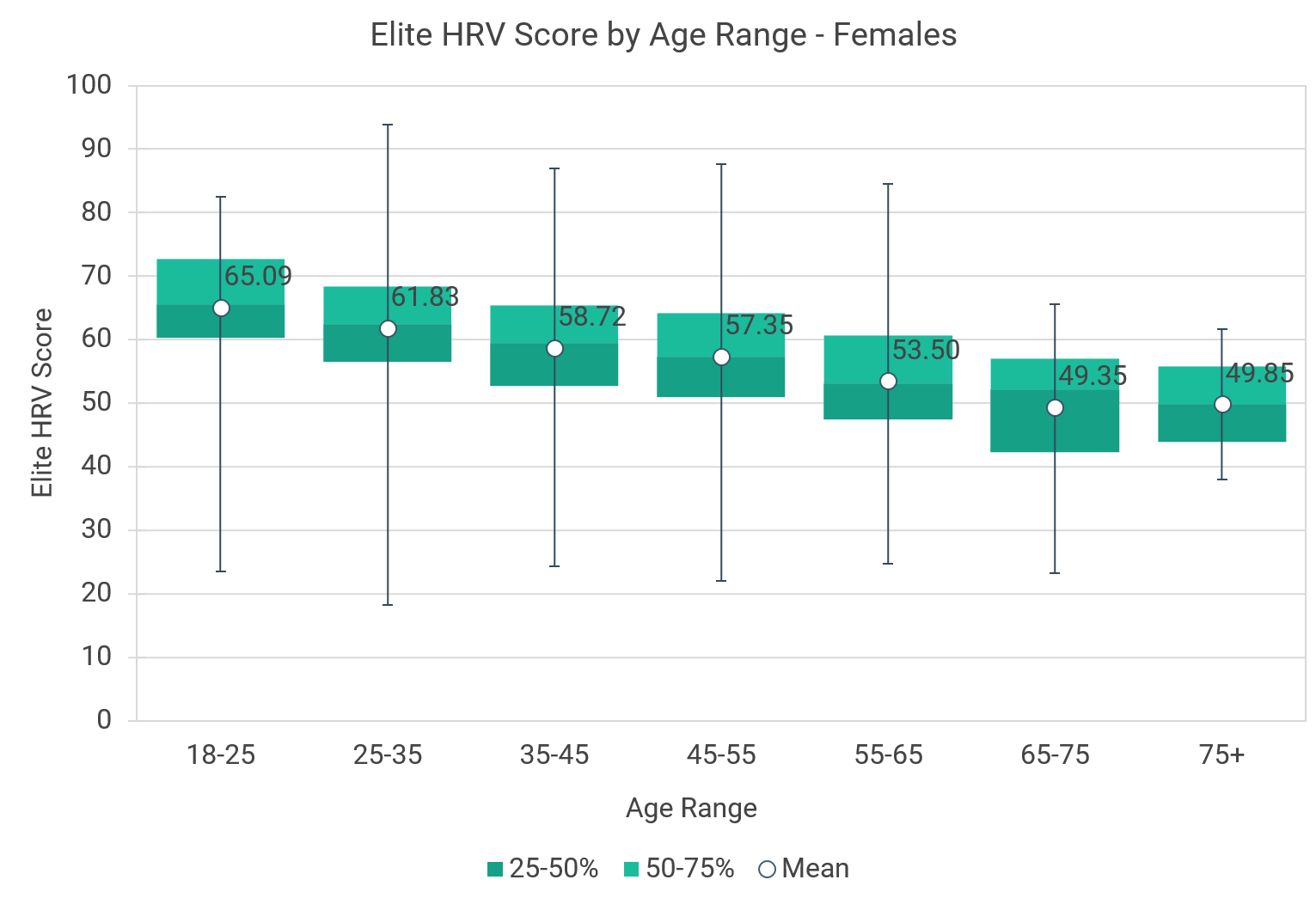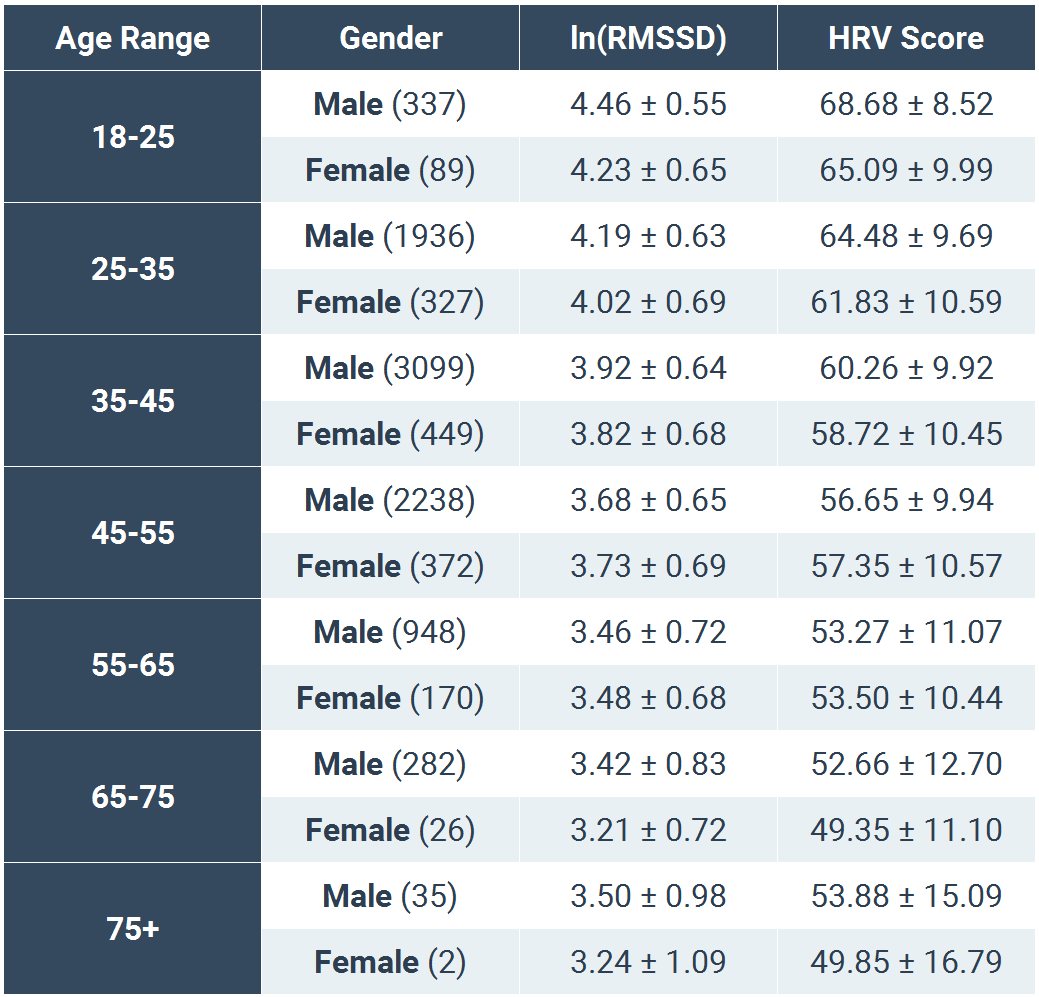Nelson Vergel
Founder, ExcelMale.com
Has anyone monitored their heart rate variability?
Yes.





Thanks for sharing. So, this supplement improves your HRV while you sleep?I found things like Magnesium Theronate can impact my numbers and sleep.
Thanks for sharing. That COVID data is very interesting!Same here, I have been monitoring mine with my FitBit Charge 5. I usually average between 60 and 57.
Sorry I was not clear. I do not feel Magnesium Theronate is beneficial for my sleep but rather a negative. I have not found it to help my HRV either. I try to take during the day when I do take it.Thanks for sharing. So, this supplement improves your RSV while you sleep?
The way I found I had Covid 2 plus years ago was my resting heart rate and body temp increased! I do find it helps you to understand what is going on with your body.Thanks for sharing. That COVID data is very interesting!
I have been resisting buying an Apple watch for years, but after seeing some reviews on their latest software upgrades for health data including HRV, I bought myself one for my birthday

I use it daily and it has saved me tons of time in my research. TonsWill promote massive overconfidence in deeply complex topics.
Notice my words:I use it daily and it has saved me tons of time in my research. Tons